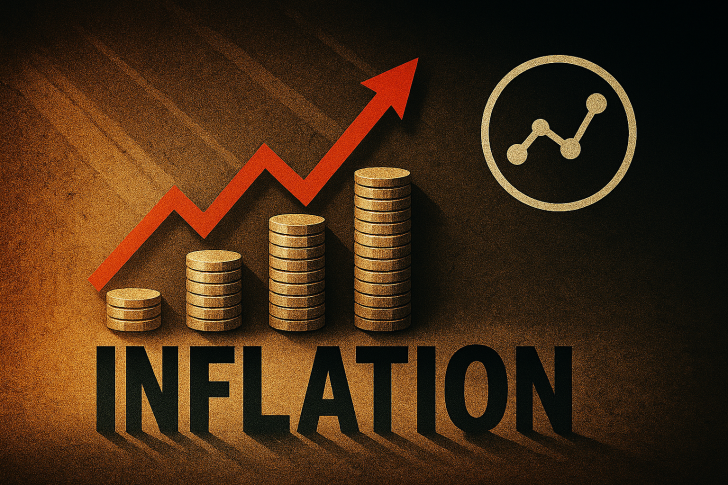Governor Kathy Hochul just announced that New York is mailing out inflation refund checks worth up to $400. On paper, it's help for families drowning in high prices. In practice, the timing has people asking uncomfortable questions.
What the Inflation Data Shows
As Ian Jaeger pointed out, some critics aren't just skeptical—they're calling for a DOJ investigation. The program lands right when inflation frustration is peaking and midterms are looming, making it impossible to separate policy from politics.
The chart tells the story of why this program exists in the first place. Inflation has cooled from its 2022 nightmare levels, but it's stuck well above the Fed's 2% comfort zone. The decline isn't smooth—it's a messy plateau with prices repeatedly spiking back up just when you think they're under control. This persistent pressure is exactly what's squeezing households and creating political demand for relief programs like Hochul's checks.
Why This Matters Beyond New York
The debate breaks down into three key issues:
- Immediate relief versus political optics - Four hundred dollars covers groceries, gas, or part of the rent for struggling families. But when those checks arrive right before an election, people naturally wonder about motives.
- Budget sustainability - New York's finances are already stretched thin. Can the state afford large-scale cash handouts without creating bigger problems down the road?
- Setting a precedent - Tying direct payments to inflation is unusual territory. If this becomes the playbook, every governor facing reelection during tough economic times might reach for the same tool.
The real concern is what happens next. These checks put money in people's pockets right when the Fed is trying to cool demand. It's relief today that could mean higher prices tomorrow, creating a cycle that's hard to escape.
The ripple effects go beyond politics. Gold could catch a bid as investors hedge against stimulus-driven inflation risks. The dollar might weaken further if markets start pricing in more state-level spending programs. Stocks could see a short bump from consumer spending, but long-term credibility issues might cap any rally.
 Saad Ullah
Saad Ullah

 Saad Ullah
Saad Ullah


